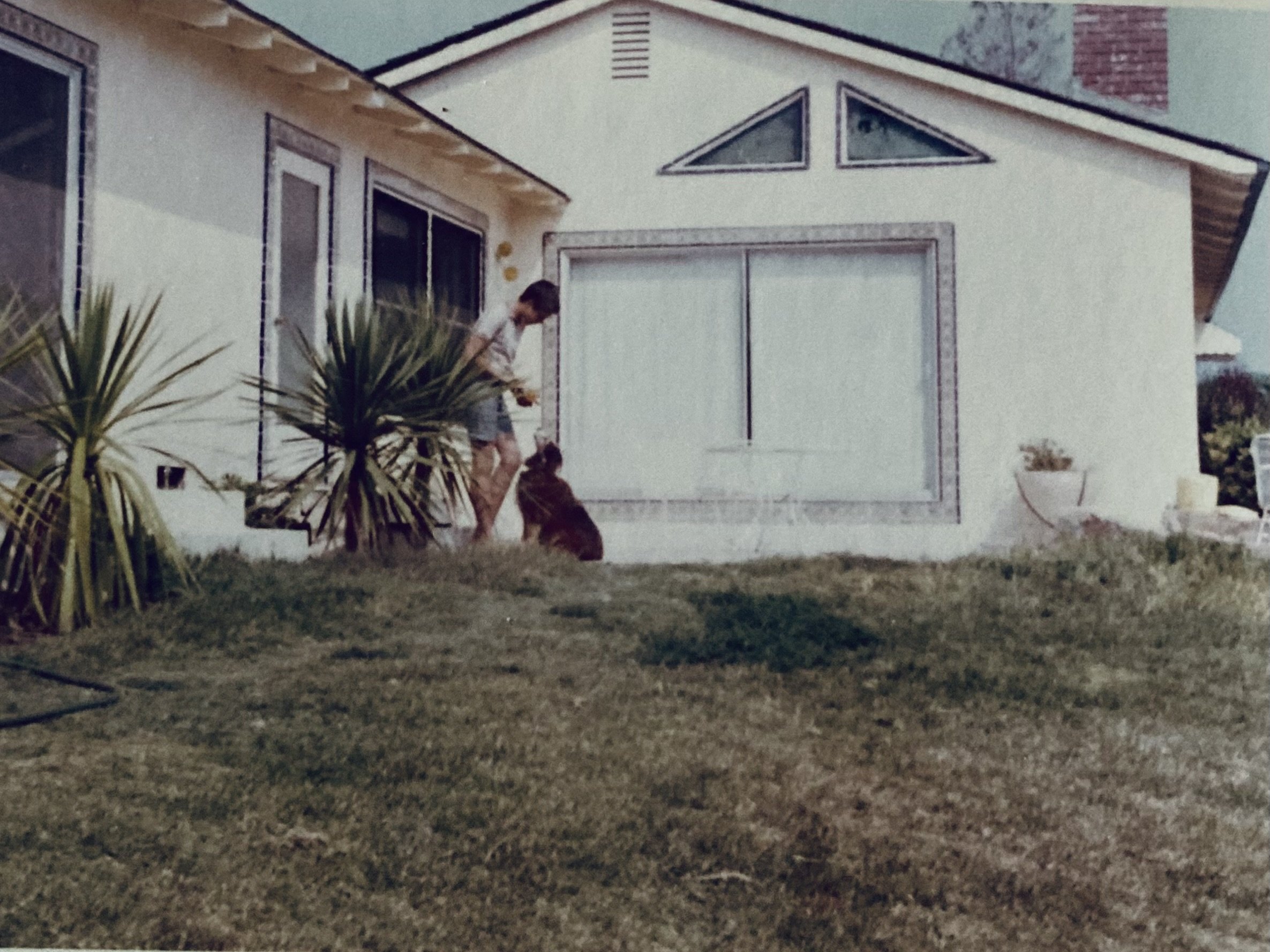An old Texan I know told me once that some Texas natives consider transplants like me to be immigrants. The state had been an independent republic at one time so this otherwise ultra-rational woman wasn’t as bat-shit crazy as she sounded. But not everyone living within its debt-ridden borders had wanted to go it alone. So when Washington eventually offered debt repayment in exchange for statehood, Texas accepted. Fussing and rumbling—no doubt—at what it had sacrificed to its balance bleeding ledgers.
Texas pride amuses me to no end. Everything really is bigger here, including the propensity to exaggerate. Yet outrageous as her point had been, it made an ironic kind of sense to me, less for the history behind it and more because my parents were bona fide immigrants. Now here I was, their second generation American daughter, being told that some saw me as a foreigner in my adopted state.
No flag-waving Texas nationalist, the woman had only meant to offer insight into the beliefs of her fellow Texans who’ve watched their state get overrun by newcomers for more than a decade. Between 2012 and 2022, over four million Americans moved to Texas seeking post-recession opportunities and— if they were among the almost one million from California—a lower cost of living. And that isn’t even counting those other immigrants. The poor ones risking everything to cross hostile borders, also in search of better, more secure lives. The ones Texas governor Greg Abbott now sends north to tell Washington exactly what he thinks of federal immigration laws. And—I suspect—the federalism he’d rather do without.
I came to Texas by a chance invitation and did not expect to stay. But it grew on me for its laid-back Southern hospitality. And then repelled me for its second amendment purism, racist voter registration laws and cruel abortion ban. I’ve managed to tolerate it overall because of Austin, one of the few cities in Texas most likely to defy Governor Abbott and the conservative state legislature. And because other Californians are here, though natives often blame us—and the big California tech companies that followed—for making the city unaffordable. I’ve managed to make a comfortable life for myself here by luck and by grace. Though even after more than a decade in the Lone Star State—nine of them in Austin—I still can’t quite call it home.
I tell anyone who asks that I live in Texas. But when they ask where home is, there’s hesitation. I own a house in Austin; I will probably live here indefinitely. But home? Somehow it feels wrong to say Texas. Almost as wrong as it would be to say California, where I was born and spent the first twenty-odd years of my life. My immigrant parents were European tumbleweeds with no real ties to communities. They had a home on the outskirts of Los Angeles, the one where I grew up. But that home was in many ways a satellite to the European cities where they came from. Because home was always there and never here. In the same way that now, in the twenty-first century, the Internet has become my elsewhere community. Maybe that’s why my parents poured themselves into that house, planting trees and grass everywhere. To create the roots and ties reminding them that home really was where they had landed.
The white stucco house they renovated and that I still see in my dreams is a memory now that belongs to someone else. Santa Monica, the city in Southern California where I was born, disorients me with its pricey crowded newness. Berkeley, where I studied then lived for almost a decade, is still recognizable despite the gentrification but now untouchable for anyone earning less than six-figures. Then there’s the green and gold landscape I remember so well. Water shortages, wildfires, floods and mudslides will reshape it if the earthquake predicted to rip the state apart, does not. One day—perhaps in my lifetime—I may not recognize California or the cities I knew there at all.
So while I may not really be an immigrant to Texas, I might as well be one. I speak without drawl or lilt, but always with a hint of slack-jawed West Coast slowness; and like an immigrant, I exist between worlds, unable to return to the place I knew because it no longer exists. Yet not quite able to fully integrate into where I am despite my fondness for it. Even the plants in the tiny garden outside my living room do not burrow into native soil. They sit atop it in raised beds or pots. Thriving, yes, above the poor soil over which they grow and sometimes brutal heat. The way I have managed to grow on landlocked prairie subject to fits of humid heat to which I will never become accustomed. Not after years taking the cooling vastness of the Pacific into every cell of my body.
It’s a small comfort that 10% of the people who have arrived in Austin since the rush started a decade ago are from my state. As is knowing that Trader Joe’s, the iconic California grocery chain, moved here the same year I did. I never bothered shopping there when I lived on the West Coast; now I love just visiting and roaming the aisles. In the way my father loved spending time at his favorite French restaurant in Santa Monica reminiscing about France. And the way my mother gushed over pasta she could find only at the Italian deli on the city’s east side. Just like we make it in Italy. The best. Separated—voluntarily and not—from what we know, we tumbleweed immigrants create homes from what we find. Because home is not a place. It is everything that keeps us close to the memories that make us who we are.

